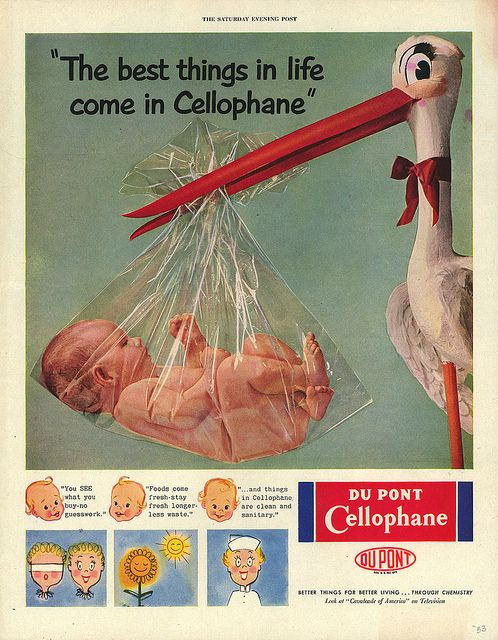Baby Cold? Put It In A Bag. Plastic One-sies Protect Preemies From Hypothermia

Plastic bags are great for storing sandwiches, groceries, and... babies? A hospital in Africa has found that plastic wraps can be used to keep preterm infants warm and safe from hypothermia. Their findings are published in Pediatrics.
Hypothermia is a common danger for preterm infants who have difficulties adjusting to life outside the womb. Unable to regulate their own body temperature, hundreds of thousands of newborns across the globe dying within the first weeks of life because of this complication.
The skin of preemies tends to be underdeveloped, allowing water to evaporate easily from their skin. As a result, their bodies can rapidly cool as much of their heat is lost through the water evaporation. Extended periods of low temperature can lead to infections and suffocation.
Many low-income countries lack the means to house their infants in electronic heating incubators available in high-income countries.
A hospital in Lusaka, Zambia conducted a clinical trial with 104 infants to see if plastic wraps could help newborns maintain a normal temperature, defined as 97.7-99.5 degrees by the World Health Organization (WHO).
Within 10 minutes of birth, 104 preterm infants were either wrapped in a plastic bag that covered their trunk and extremities or they received standard thermoregulation, consisting of a blanket or heat incubator. Gestational age ranged from 26 to 36 weeks, and 83 percent of the newborns were hypothermic — below 97.7 degrees — at the time of birth.
Babies' wrapped in plastic had a 26 percent reduced risk of hypothermia within the first hour after birth. One concern was that the bags could induce an allergic reaction in the sensitive skin of the newborns, but no such incidents occurred.
The use of plastic bags or polyethylene wrapping in very low birth weight infants in the delivery room is a common practice in the developed world," write the authors.
Prior research conducted in Mexico, Canada, and Italy have supported that plastic wraps — and in some cases caps too — can improve body temperature.
While this trend suggests plastic bags are a good replacement for conventional treatment, questions remain.
The study did not find a significant difference in the number of infants who ultimately required critical care or died. This could be due to the fact that babies were only kept in the bags for the short time frame of 1 hour.
A lack of improvement in overall mortality was also observed in previous studies of plastic wraps, according to a 2010 review by the WHO.
Further research, and possibly a larger, more comprehensive clinical trial, is needed to determine if plastic wrap actually improves outcomes with preterm infants.
Source: Leadford AE, Warren JB, Manasyan A, Chomba E. et al. Plastic Bags for Prevention of Hypothermia in Preterm and Low Birth Weight Infants. Pediatrics. 2013
Published by Medicaldaily.com



























